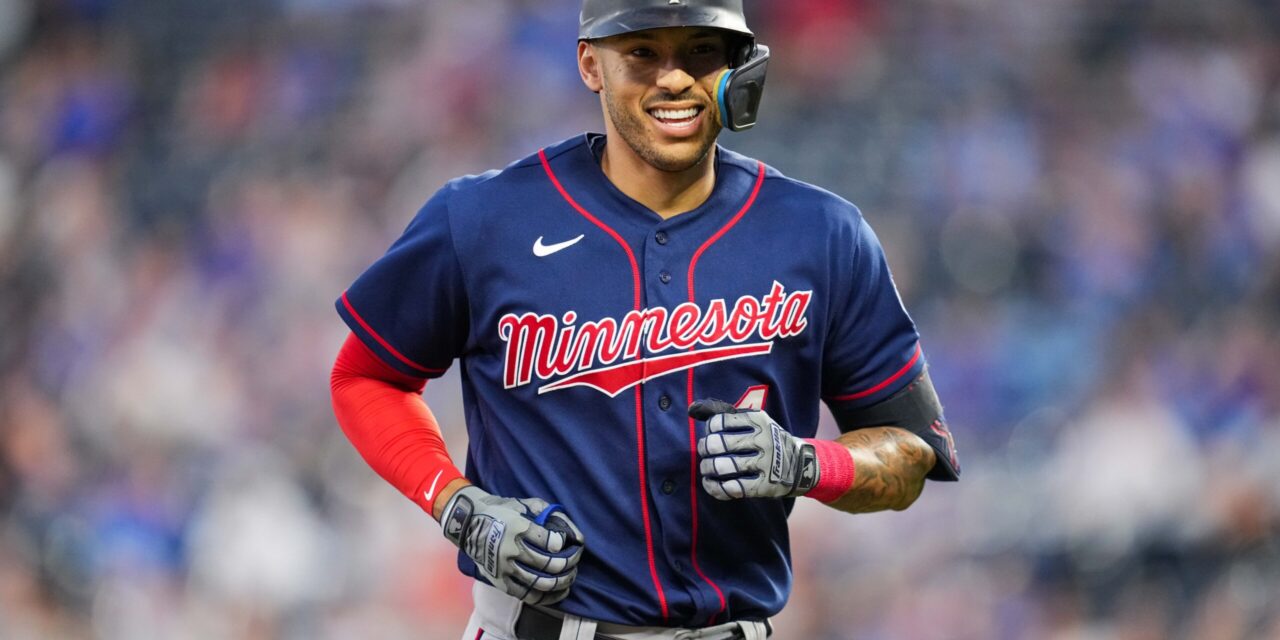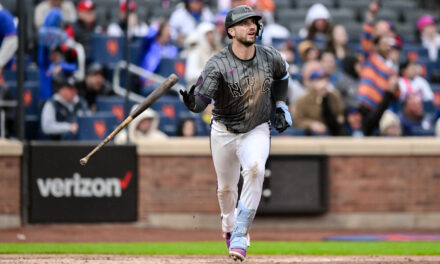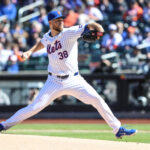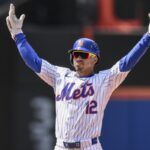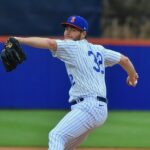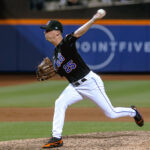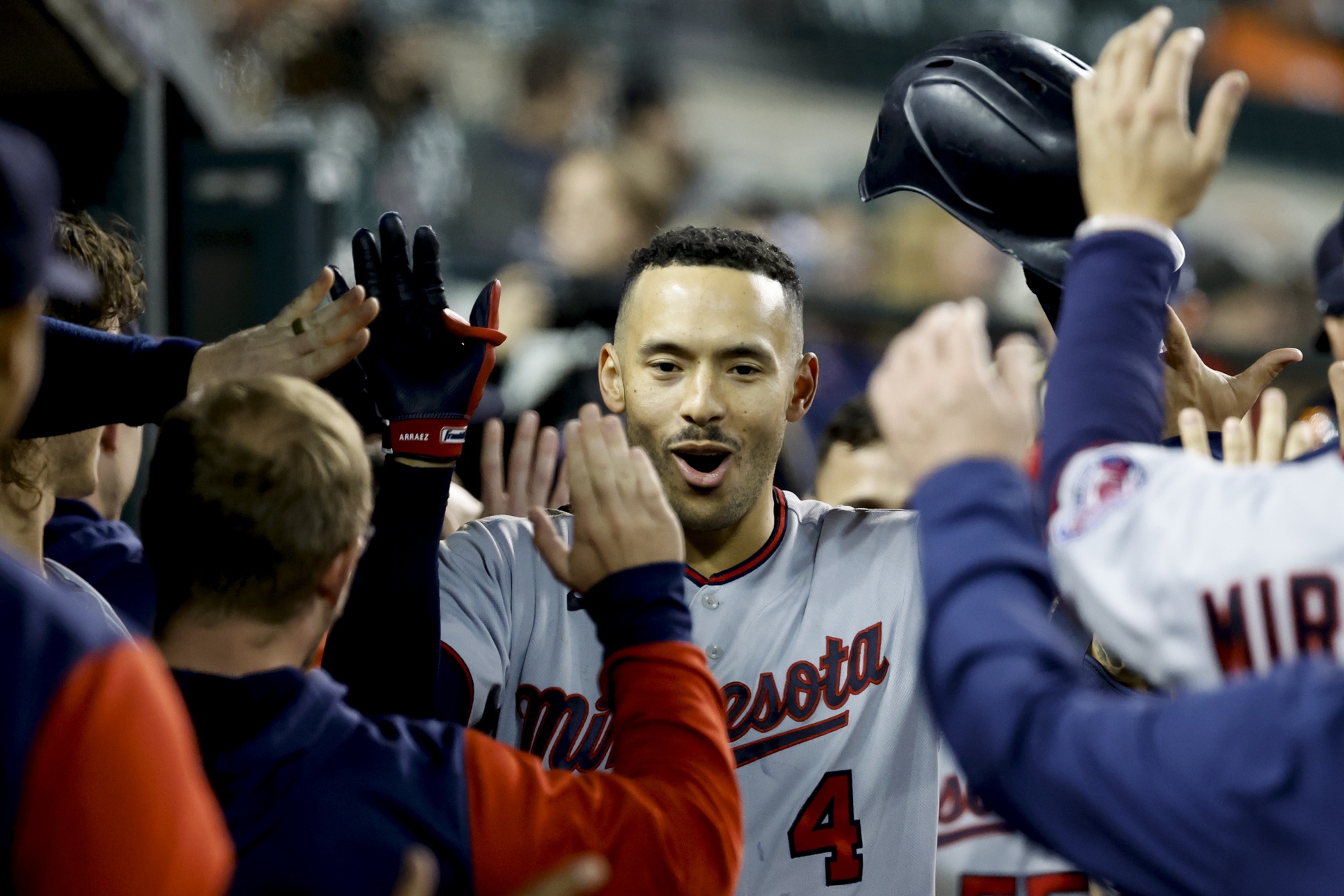
Rick Osentoski-USA TODAY Sports
As Mets fans continue to pinch themselves over the surprise signing of superstar Carlos Correa, a majority of the excitement emanating from the fan base has centered around his fit in the lineup and overall transcendent ability at the plate. With Correa sliding over to third base, however, he has a chance to form an all-world left side of the infield with Francisco Lindor and make just as much of an impact with his glove at a position where the Mets desperately needed a difference-maker.
Since 2018, Correa has been one of the premier infield defenders in the league, recording 45 Outs Above Average and 50 Defensive Runs Saved while earning both Gold Glove and Platinum Glove honors in 2021. While he didn’t grade out quite as well during 2021 with -3 OAA, his track record speaks for itself, and there’s little doubt that he will remain a force in the field. The only cause for concern is the fact that he will be tasked with moving off of shortstop and be asked to play third base full-time, but there is enough of a projection to be made that shows he will be effective at the hot corner.
In limited attempts (49), Baseball Savant found that Correa has totaled 2 OAA and a 90% success rate at third since 2016. While that doesn’t mean he’s going to keep at that pace going forward, it does provide a bit of insight and sample size that favors Correa’s potential production at his new position. His arm strength should also ease the transition and help him find success, as he has ranked no lower than the 72nd percentile in the stat since it was introduced by Baseball Savant in 2020 and touched 95.0 MPH this season, which ranked inside the top-10 for max velocity among infielders.
Even if Correa struggles to settle in at the position, things can’t get much worse than they were a season ago. According to Sports Info Solutions, the Mets finished 26th in converting groundballs and bunts into outs in 2o22 and ranked last in the metric within 30 feet of the third base line. Furthermore, the team finished in the bottom five in both Outs Above Average and Defensive Runs Saved at third base. Adding Correa allows them to remove Eduardo Escobar (-6 OAA) from the everyday equation while also letting Brett Baty continue to develop his glove and perhaps move primarily to left field instead of getting consistent reps at third when he likely isn’t ready to do so.
Carlos Correa will bring a presence and all-encompassing talent to third base that the Mets have not had since David Wright’s glory days. He has the ability to change a game in a variety of ways on any given night and will be an especially integral part of a defense that had an obvious hole in that regard.


